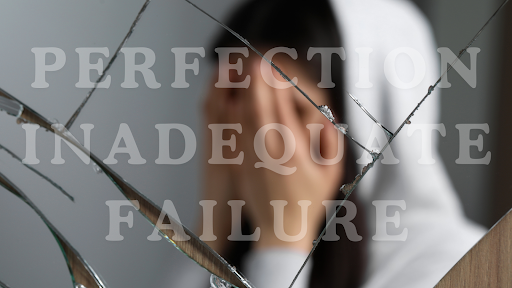In the past years, there has emerged a silent epidemic that has swept through children and adolescents across the whole of Asia, one rarely talked about, with grave implications on their future mental health. Thousands of youth are under heavy academic stress that often besets them with debilitating anxiety and depression. As parents and educators, we must come to terms with the unsettling reality that the mental burden our children bear is not a phase. Rather, it is a crisis that continues to worsen with time.
While in societies where success appears as a result of educational achievements alone, the weight of expectation often becomes overwhelming. Many children wake up each day not just to go to school but to battle relentless fight for grades, recognition, and approval. Talking to a parent whose child recently attempted suicide, the agony was so thick in her voice. "I never thought it would come to this," she lamented. "I just wanted my child to have a bright future." This sentiment strikes a chord in the hearts of many families who have unconsciously plunged their children into this high-pressure setting.
The Weight of Expectations
Among the major reasons for this academic pressure is the enormous and high level of expectations set for children by their parents. In many Asian cultures, success in a child's education has been equivalent to their self-worth and honour to their families

The motto is, “Study hard and you will succeed!”. It has been borrowed deep in the minds of young children from an early age and treads on the joys of childhood. Parents believe that this will open doors to great and prestigious universities, then onwards to lucrative careers. This drive, though well-intentioned, leads to severe mental health consequences.
The children who bear these expectations usually develop perfectionism, believing they have to strive for excellence in everything. Their relentless pursuit of perfection fosters feelings of inadequacy and failure when they face various challenges along the way.

Signs of emotional consequences from these expectations, manifest into anxiety disorders, depression, and in more dangerous cases, self-harm.
Cultural Impact
The cultural context simply worsens the situation even further. Most Asian cultures place a very strong emphasis on conformity and collective success at the expense of individual needs and mental health.
Children are taught at a tender age that their self-worth is defined by accomplishment. This is perpetuated by portrayals in the media where successful individuals are invariably showcased, highlighting their educational and professional accomplishments as one big proof of success. Due to this, children grow up believing they are being constantly measured against some impossible yardstick, hence the pervasiveness of inadequacy.
The Consequences of Ignoring the Problem
Ignoring the signs of academic pressure will have terrible consequences. Many parents are arguably oblivious to their children's mental health struggles. They think that high grades are synonymous with happiness. In fact, this is more often than not the complete opposite.
Their mental health struggles could manifest as withdrawal from social activities, loss of appetite, or decline in performance despite pressure to excel. A facade of success masks deep emotional scarring, leading to a dangerous cycle of despair.

Furthermore, this leads to a generational cycle of pressure. Children under pressure are most likely to give the same expectations to their children, creating a legacy that is foreboding. The urgency by which such a cycle must be broken. Parents, teachers, community members, we've got to do something before it's too late.
Though these are alarming factors, they indeed form part of a bigger puzzle. In the next article, we are going to explore more causes of academic pressure, which includes the effects of digital learning and social media, along with the strategies parents can apply to create a healthier environment for their children. It is high time we ourselves confronted these issues head-on as the stakes are just too high to be ignored.
Share your thoughts in our survey and stand a chance to win exciting prizes! https://mk.my/QI_Survey
The views expressed here are those of the author/contributor and do not necessarily represent the views of Malaysiakini.
Interested in having your press releases, exclusive interviews, or branded content articles on Malaysiakini? For more information, contact [email protected] or [email protected]

